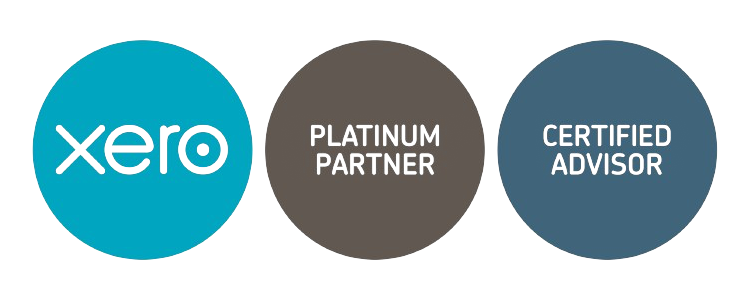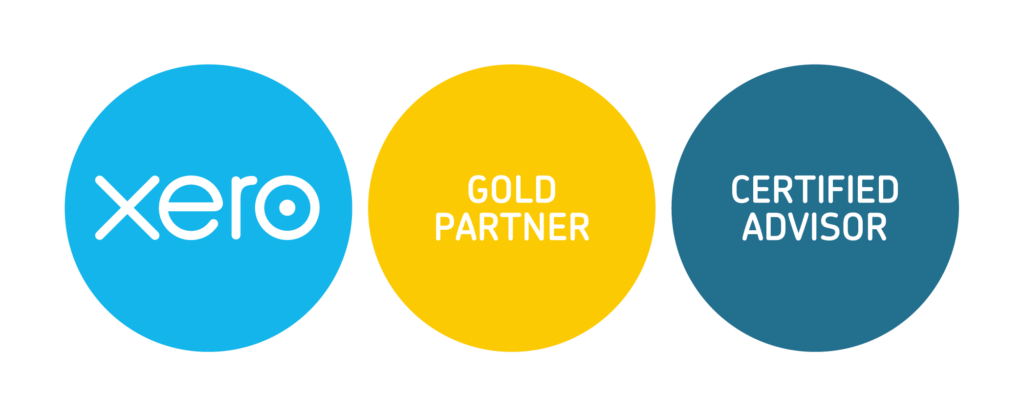CFO GROUP INTEGRATED SERVICES
The Ultimate Guide to Setting up a Business in Singapore
CMO Media Lab Pte Ltd • December 18, 2021
Many people dream of starting their own company. Here in Singapore, there are many opportunities for entrepreneurs to do so! Setting up a company is not as difficult as you might think, and before long, you'll be on your way to running your very own company. This post will help you set up a company in Singapore- from registering the company with all the required information and documents and how to start a business in Singapore.
Registering a Singapore Company in 2021
When you register a company in Singapore, there are a few things that you must have on hand. Singapore company registration can be complicated but working with a Singapore corporation and business solution like CFO Accounts & Services is the best way to make sure that you're engaging in all of your activities legally. A fast and easy process that will help your business in incorporating a company. With CFO Accounts & Services experienced team, we'll guide you through the incorporation of your new company, so it's done correctly from start to finish!
Now that you're ready to register your business in Singapore, it's important to provide the following information:
- Name of the Company - To register a business in Singapore, you must have pre-approval for your new company name.
- Directors - At least one of your Resident Directors in Singapore must be present. In this case, we are talking about the documents that are associated with lawful status. As many directors as you'd like, both local and international can be appointed. You must make sure that applicants are at least 18 years of age, have no outstanding criminal charges, and have enough financial wherewithal to deal with any financial hardship that may arise. To begin with, directors don't have to be stockholders.
- Shareholders - The maximum number of shareholders allowed for a private limited company is between one and fifty. Shareholders can be individual people or companies and those located inside or outside of a country. You will be able to issue or transfer shares after incorporation. International ownership is allowed in all ventures, be they foreign or domestic.
- Owner's Equity - To form a business in Singapore, Pte Ltd, you must have at least S$1 in paid-up capital. However, you can increase this amount at any time after incorporation. In Singapore, the usage of permitted capital is forbidden. Instead, ordinary shares, preference shares, or other shares might be chosen.
- Registered address - All companies must ensure that their registered office is open and accessible to the public for at least three hours during ordinary business hours on each business day. A business day is any day excluding Saturday, Sunday and public holidays.
The purpose of this requirement is to allow members of the public to reach out to the office if necessary and to facilitate the delivery of any legal documents. Companies and directors that fail to comply with this requirement may be fined up to S$5,000.
The registered office must be an address in Singapore, but it need not be the place of operation. - Home Office Scheme - If you plan to conduct a small-scale business from your home, you may use your residential address as the office address under the Home Office Scheme managed by the Housing Development Board (for HDB flats) and Urban Redevelopment Authority (for private residential properties). This scheme is available to owners, tenants and authorised occupants of housing units.
You must apply for approval under the Home Office Scheme before submitting your application to incorporate your company. - Taxation - I'm sure you'll like Singapore's generous tax breaks and incentives. For example, always pay 8.5% tax on your first S$300,000 of annual profits but increase your tax to 17% after that. Don't even consider taxes on dividends or capital gains. There is no better time to realize the numerous benefits firms have due to Singapore's tax policies and corporate reputations.
Pre-Incorporation Criteria for ACRA Registration
If you want to apply for the ACRA Company Registrar of Singapore, you must meet the following formation criteria:
- At least one (1) Shareholder
- A minimum initial Paid-up Capital of S$1
- At least one (1) Company Secretary
- At least one (1) Local or Resident Director
- A local registered address for the company office
Steps for Company Registration
Foreigners incorporating in Singapore will need to engage corporate service providers to register a Singapore company. Even local entrepreneurs should do so as there may be no familiarity with Singapore company law or regulations. It provides detailed information on annual compliance requirements for Singapore companies and immigration policies. Singapore Visas can be accepted only on application. These steps will brief you on setting up your business in Singapore:
What happens post-incorporation?
You receive a Certificate of Incorporation. ACRA will send you an email to notify you that your firm has been registered. This is your official Singapore Company Incorporation Certificate, which includes your business registration number. In addition, you may request a hard copy of the certificate for S$50 by making an online request to ACRA.
You receive a Business Profile (”Bizfile") similar to an individual's Social Security number. ACRA will also provide your new firm with a free corporate profile. The business profile is the company's identity document.
Business Licenses Application. Depending on your business's activities, you might also need to apply for business licenses. You will complete this process after registering your company and before starting your business.
Compliance for Singapore Companies
Goods and Service Tax (GST) Registration
The supply of goods and services in Singapore and the import of commodities are subject to the GST. However, no GST is applied to goods and services originating in Singapore and are exported elsewhere or provided elsewhere. Currently, the GST tax rate is 7%.
GST registration is mandatory for all Singapore businesses with taxable turnover above S$1 million or recently done taxable supply activities whose anticipated taxable revenue is above S$1 million. If the firm has been determined to be liable for GST, it must register within thirty days.
For further details on GST, refer to the Singapore GST Guide.
Annual Filing Requirements
To comply with Singapore's Companies Act, which stipulates that all companies must file an Annual Return (AR) with the Accounting and Corporate Regulatory Authority (ACRA) within one month after their AGM, Singapore Company is compelled to do so.
For more details on this, see
Annual Filing Requirements for Singapore Companies.
Frequently Asked Questions










